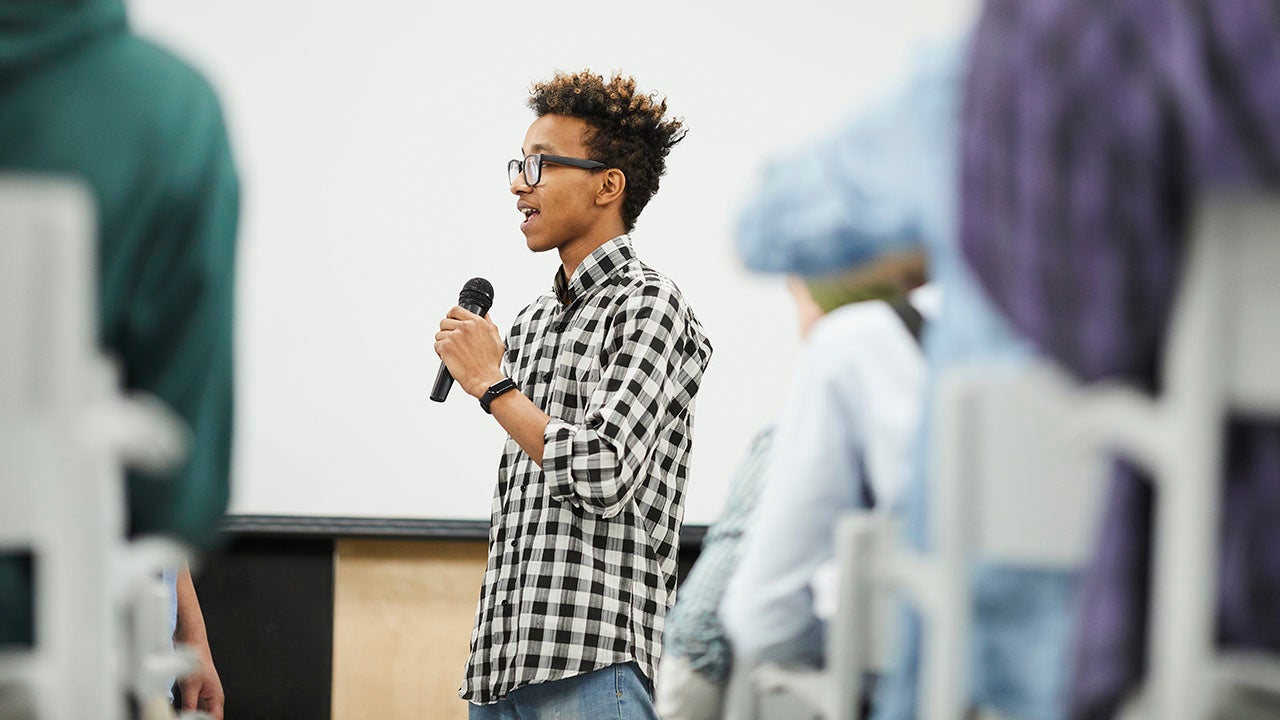A well-informed electorate is key to a healthy, thriving democracy. But information doesn’t just have to come from dusty history books. Novels and memoirs can also illuminate the ways that our systems work—and don’t work—for everyday Americans. These stories can lead to shifts in mindsets—leading to action. Become a more informed voter through this list of recommended reading from Aspen Words.
An American Marriage by Tayari Jones
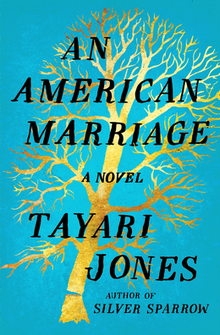
Winner of the 2019 Aspen Words Literary Prize, this gripping novel tells the story of a Black couple whose lives are ripped apart when one of them is convicted of a crime he did not commit. The AWLP jury called An American Marriage “a powerful statement about unjust incarceration and a corrupt criminal justice system that has ravaged generations of African-American families,” and said Jones provides a “much-needed meditation on issues of race, class, identity.” Hear more about how Jones uses fiction to tell the truth.
Homeland Elegies: A Novel by Ayad Akhtar
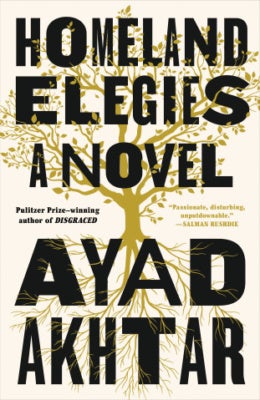
The author, who won a Pulitzer Prize for playwrighting, combines fiction, memoir, history, and cultural analysis to tell the provocative story of a Muslim Pakistani family in Wisconsin and their search for identity and belonging. The New York Times called Homeland Elegies “A beautiful novel… that has echoes of The Great Gatsby and that circles, with pointed intellect, the possibilities and limitations of American life.” Akhtar will speak at Aspen Winter Words on January 13. Learn more at aspenwords.org.
Just Us: An American Conversation by Claudia Rankine
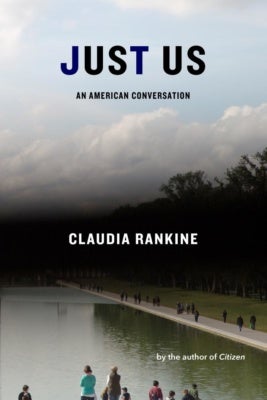
Just Us is Rankine’s lyrical, poetic book of self-examination and a handbook for everyone. With deft cultural observation and the critical skill of an expert writer, she shows (rather than tells) us how to hold each other in conversation, how to navigate the discomfort of divisive topics, and how to hold each other accountable.
Pushout: The Criminalization of Black Girls in Schools by Monique W. Morris
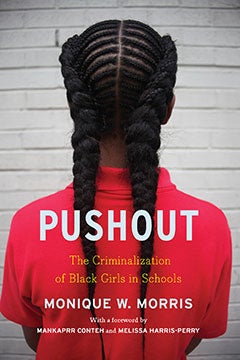
This thought-provoking, deeply researched book examines how US educational institutions frequently marginalize Black girls through various policies and practices, to devastating effect. “Black girls are 16 percent of the female student population, but nearly one-third of all female school-based arrests,” according to Morris, who co-founded the National Black Women’s Justice Institute. In addition to chronicling the harsh experiences of these girls, the author offers suggestions for helping to end the injustices they encounter in school and ultimately improve their lives. Hear more from Morris in a discussion held by the Institute’s Criminal Justice Reform Initiative.
Heartland: A Memoir of Working Hard and Being Broke in the Richest Country on Earth by Sarah Smarsh
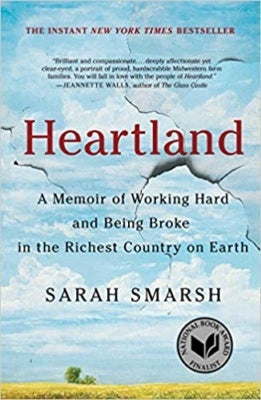
The author, a fifth-generation Kansan, blends memoir and cultural commentary to examine the class divide in America and the socioeconomic structures that contribute to cyclical poverty. A finalist for the National Book Award, Heartland shines a light on class, identity, and the American Dream. Watch a conversation with Smarsh on how to revise the narrative on rural America at the Aspen Ideas Festival.
On the Other Side of Freedom: The Case for Hope by DeRay McKesson
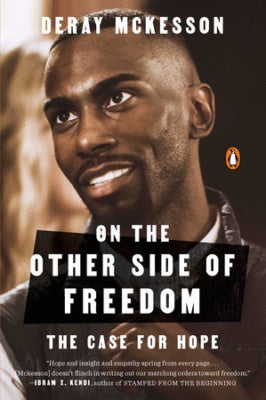
This compelling collection of essays by civil rights activist McKesson examines race and violence in America and provides a frontline look at the Black Lives Matter movement. The author, who gained prominence during the 2014 protests in Ferguson, Missouri, also details how social media has played an important role in the new movement for racial justice. Listen to McKesson chart a way forward for law enforcement and the communities they serve in this episode of Aspen Ideas to Go.
Conditional Citizens: On Belonging in America by Laila Lalami
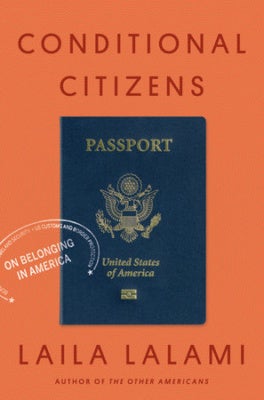
In her insightful nonfiction debut, the novelist and Pulitzer Prize finalist weaves research, data, and her personal experiences to explore what it means to be an American. After becoming a US citizen, the Moroccan-born Lalami believed society would treat her the same as other Americans. Instead, she found herself part of a group she refers to as “conditional citizens,” those who the nation embraces with one arm and pushes away with the other, based on factors such as skin color, religion, and gender.
The New Jim Crow: Mass Incarceration in the Age of Colorblindness by Michelle Alexander
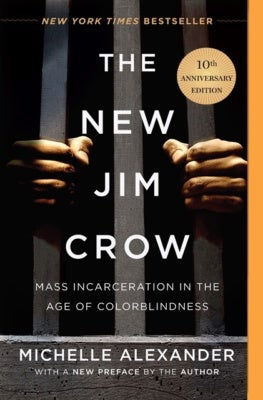
More Black men are under the control of the US criminal justice system today than were enslaved in 1850, according to Alexander, a civil rights lawyer and legal scholar. In The New Jim Crow, she makes the case that the justice system has turned black men into permanent second-class citizens. Published in 2010, this best-selling work has been credited with helping to change the conversation about race and incarceration in America and inspire a new generation of criminal justice reform activists and organizations.
